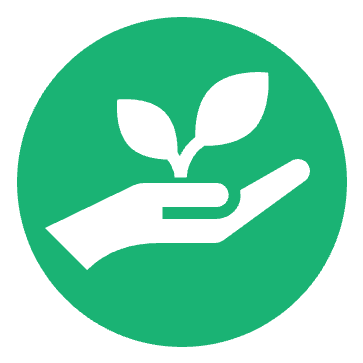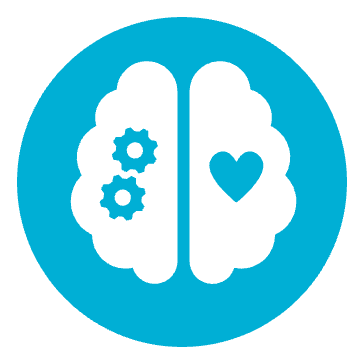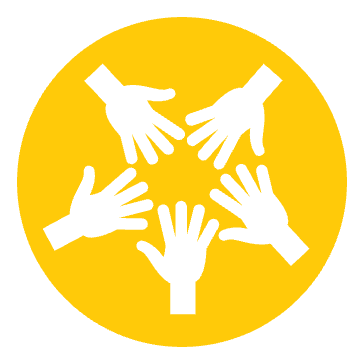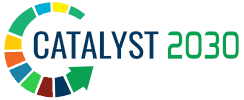MENA Manarah
Catalyst 2030 Middle East and North Africa Regional Chapter
Who We Are
Catalyst 2030 is a social entrepreneur and innovator-led movement responding to a global call to action for people and the planet. The founding partners, Ashoka, Skoll Foundation, and Schwab Foundation of the World Economic Forum, launched Catalyst 2030 at the World Economic Forum in Davos in January 2020 as a global solution to the challenges hindering the achievement of the Sustainable Development Goals (SDGs). Our approach focuses on creating cross-sector collaborations with a systems practice approach. Over 180 countries are served directly by 2000+ Catalyst 2030 members, reaching 4 billion people directly, with more than 2.2 billion USD annually spent on programs.
The Middle East and North Africa Chapter of the network (MENA Manarah) is one of the most important branches of the global network. It plays a vital role in defining the Global South’s vision for concepts related to the enabling environment for social entrepreneurs and innovators, and its narrative related to its 7,000-year history of civilization and giving to humanity. MENA Manarah is based on the deep philosophy of “critical realism,” which seeks to deeply explore the roots of problems rather than addressing only their superficial manifestations without a comprehensive understanding of their underlying causes and motivations. Accordingly, the people and planet are the main focus of any activity, project, or intervention designed by the members in the network.
Executive Summary
The MENA region is characterized by diverse economic, social, and environmental challenges, including high youth unemployment, inequality, and ecological degradation, hindering progress toward SDG achievement. Traditional economic models still need to address these challenges, necessitating innovative approaches comprehensively. That is why the UN is working on shaping and mainstreaming the Social Solidarity Economy worldwide, and corporations are increasingly shifting their focus toward Environmental, Social, and Governance (ESG) frameworks.
The Social and Solidarity Economy finds fertile ground due to the cultural emphasis on communal solidarity, charity, and mutual support deeply embedded in Arab societies. The principles of cooperation and collective responsibility, rooted in Islamic civilisation and cultural values, provide a strong foundation for initiatives prioritizing social welfare over individual gain. Additionally, the prevalence of close-knit communities and extended family networks fosters an environment conducive to collaborative efforts to address socio-economic challenges. Moreover, the Arab region’s rich history of philanthropy and charitable giving underscores the significance of social responsibility and altruism, making social economy initiatives resonate deeply with the values and aspirations of its people. Since the UN is still shaping the KPIs of the Social Solidarity Economy, we can contribute to these efforts with a cultural lens for a global scheme.
Catalyst 2030 works with social entrepreneurs and young social innovators as one of their primary stakeholders because they are driven by self-correction and the spirit of collaborating. They prioritize impact over individual credit, seek change outside established structures, and combine diverse resources to create innovative solutions driven by the challenges faced by their communities. The decentralized approach of the network allows for redefining concepts such as Social Entrepreneurship from a cultural lens. Focusing on addressing the pressing issues of the communities while empowering the narrative adopted by the people based on each country’s/ region’s context. This fluid and adaptable nature allows for shifting the global narrative towards equity, where cultures and their historical context are preserved and represented equally to any other narrative.
While each country in the region has its context-specific challenges that hinder its progress toward building a robust ecosystem for social innovation, these diverse contexts are a rich resource for innovation and cross-pollinating solutions that can be scaled up to respond to global challenges like Climate Change. Creating this hub has passed its due date, but starting now is better than never.
Objectives
We believe in the importance of integration and working with governments to develop an enabling environment (a beacon) that represents the spirit and culture of the region and works to achieve the following goals:
1. Develop legal frameworks and implementation policies to support social entrepreneurship and innovation for sustainability.
- Such as reforming policies and legislation and amending existing regulations to encourage social entrepreneurship, facilitate the creation and growth of social projects, and ensure access to necessary resources, marketing and support for local products.
2. Promote collaboration between different sectors (public, private, civil, academia and media) towards a more enabling environment for social innovation.
- This includes knowledge sharing, cooperation and benefiting from the Catalyst 2030 platform and similar networks to build trust.
3. Promote a values-based economy inspired by community-based giving practices (e.g., zakat and charity). Encourage private sector practices that prioritize social and environmental impact.
4. Monitor progress towards achieving the Sustainable Development Goals.
- Through cooperating with universities and providing feedback loops with the experience of community initiatives and the expertise of the community of practitioners. Participating in and contributing to UN reports and other international platforms by sharing regionally developed solutions and best practices.
5. Form a comprehensive narrative about the Middle East and North Africa region.
- Sharing the unique experiences and solutions applied in the region at the global level by contributing to the Arab Human Development Report, Voluntary National
- Reviews (VNRs), and other reports submitted to the United Nations on achieving the Sustainable Development Goals at the regional and national levels.
6. Focus on the role of communities in working for sustainability.
- Promoting the “I can” mentality through critical thinking and curiosity as a driver for action. Integrating social innovation principles using values-based methodologies into educational curricula at all levels to foster a new generation of changemakers equipped with the tools to understand the challenges facing their communities and contribute through the design of community-led solutions.
7. Integrate and involve youth at all levels and in all goals. This is because they are the real wealth of Arab societies.
8. Promote cooperation between Arab countries to exchange knowledge and accelerate the achievement of development goals in the Arab region.
By working together as governments, communities, businesses, funders and others, we will build a strong ecosystem for social innovation in the Middle East and North Africa.
Our Core Values

People and nature at the centre
In everything we do, we place people, nature and their ways of life at the heart of what we do. We stand accountable to them for our actions.

Co-creative mindset
The future of innovation is co-creation. We seek to acknowledge our own biases and silos and work to move beyond them. This includes sharing all relevant data when we collaborate and that whatever Catalyst 2030 produces is non-proprietary.

Collaborative leadership
We prioritise co-creating approaches that reflect shared ownership and credit collective impact. Shared norms are based on the needs and challenges we face.

Humble audacity
We have audacious goals and approach them with the humility that none of us alone know how they can be best accomplished.

Spirit of generosity
On any given day we are all donors, doers, visionaries or clients. We commit to sharing our knowledge, time and networks freely without expectation of receiving anything in return, other than the achievement of collective goals.
